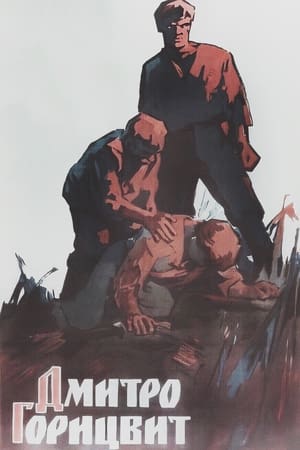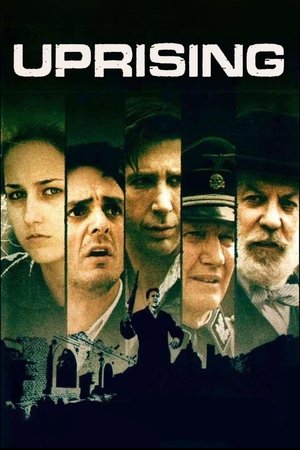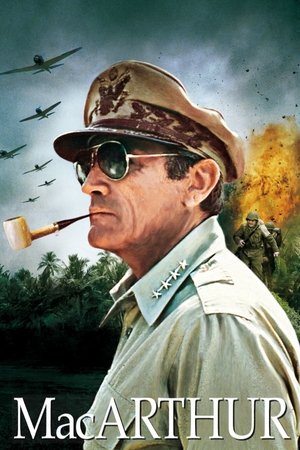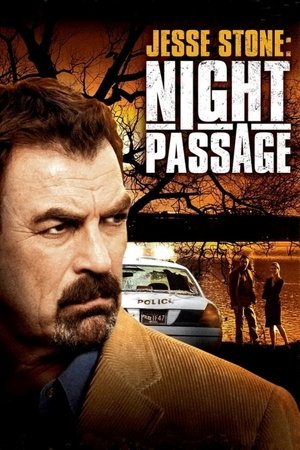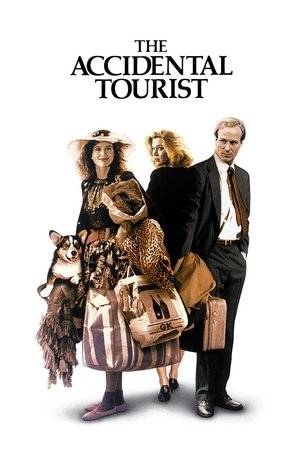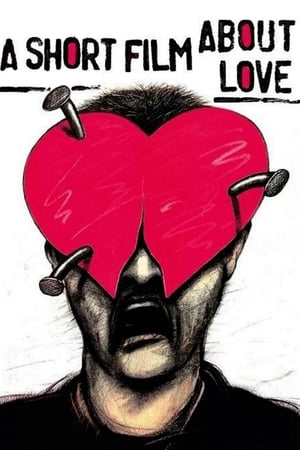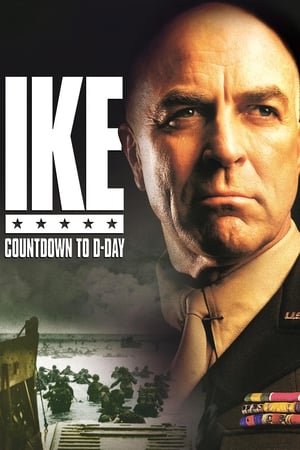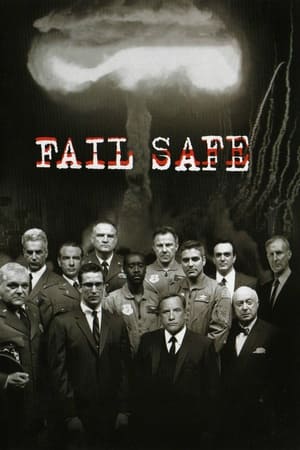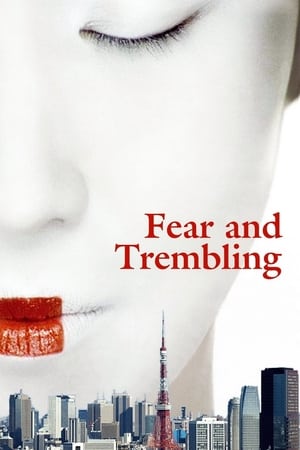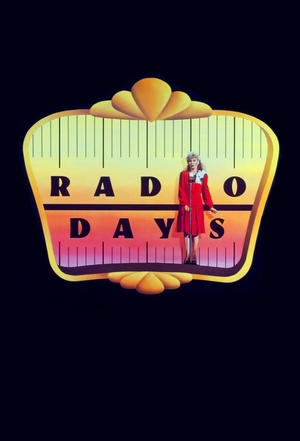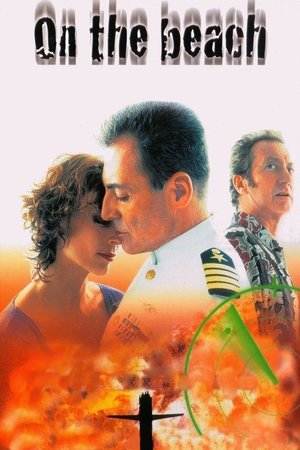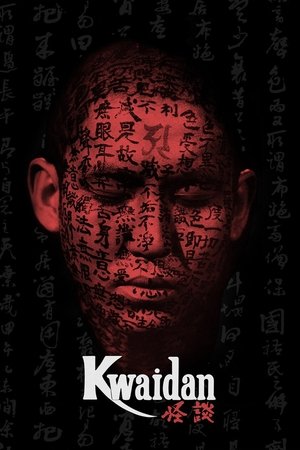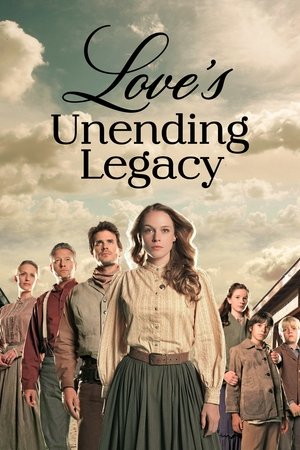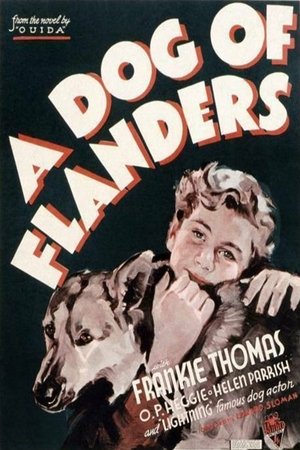Overview
The story of a group of men, an Army Rifle company called C-for-Charlie, who change, suffer, and ultimately make essential discoveries about themselves during the fierce World War II battle of Guadalcanal. It follows their journey, from the surprise of an unopposed landing, through the bloody and exhausting battles that follow, to the ultimate departure of those who survived.
Reviews
The circumstances around Terence Malick's The Thin Red Line are sometimes more talked about than the film itself. The reclusive director had made a big splash in the Seventies, but there followed two decades of silence. When he finally reappeared in 1998 to direct this adaptation of James Jones's novel about the Battle of Guadalcanal in World War II, many actors were desperate to work with him and he was able to gather a large ensemble cast. He shot over five hours of footage but had to cut it down to three, leaving out many actors entirely from the finished version.
The Thin Red Line tells of the American battle against Japanese forces on the island from the landing on its beach to the time the initial troops are relieved and sail off for some new, unknown deployment. But it actually begins shortly before this when Private Witt (Jim Caviezel), who has been AWOL and living with the local Melanesian people on a nearby island, is discovered by a patrol and brought in before his sargeant. The battle itself involves the men of C Company, 1st Battalion, 27th Infantry Regiment, 25th Infantry Division: besides Caviezel as Witt, major roles are played by Sean Penn, Woody Harrelson, Adrien Brody and Ben Chaplin. Elias Koteas is Capt. Staros, who tries to look out for his men, while a hyperbolic Nick Nolte plays their commander who sees the infantry as nothing but cannon fodder to wrecklessly throw at the Japanese.
For most of its 3-hour length, the men are torn apart by Japanese machine gun fire as they try to take a hill, but the enemy is never directly seen. Between scenes of great violence, there are portentous voiceovers by various characters as they meditate on what war says about the larger human drama. Eventually US forces are able to overcome Japanese positions, and the Japanese side of the offensive is depicted with more fairness and equanimity than in most American films on the Pacific Theatre of the war.
While the realistic depiction of battle might touch viewers -- and its hard to knock any World War II film since they spur one to read more about this crucial event in history, this is not a great film. It has obviously been cut heavily from its original length. John C. Reilly appears several times at the centre of shots, clearly meant to be a major character, but most of his scenes and all of his back story were cut. The philosophic voiceovers come across as pretentious instead of insightful. Furthermore, I find this a very "Hollywood" film, with the acting often exaggerated. Woody Harrelson doesn't play a WWII grunt, he plays Woody Harrelson. George Clooney appears at the end and all realism goes out the window: there's no way this suave, handsome leading man has been fighting a war for some time now. Hans Zimmer's musical score too obviously pulls the audience towards prescribed emotions.
As war movies go, this one sucks. I'm pretty sure (although I didn't read it, that the novel (and maybe original screenplay) must have been fantastic, but Terrence Malick really bungled this: no clear vision, no character investment, a ridiculous amount of stupid jump cuts. I was willing to quit 40% into the film but my wife wanted to see the rest (as almost kind of a challenge to see if she could spot another of the many famous that wanted to work with him (and probably regretted it later).
Yeah, this is pretentious. And what makes it worse is that in all of it's art house pomp, it doesn't come across so much as anti-war as it does anti- stopping the Japanese and Germans from their genocidal bid for world domination.
It was like they were saying that they are devoutly on the left... so much so that they support the axis powers if only because the alternative is the United States and Democracy and that is somehow more... fascist(?).
I don't know, the film suffers from schizophrenia and the message gets lost when you realize that it's a World War II story and not a Vietnam story and that it is kind of taking the wrong side of WWII in it's effort to call America a fascist nation.
But, you get pointless meandering diatribes and A-list actors in a horrible movie.
The good news is that it looks pretty... but I don't think the final product is what the writer of this and From Here to Eternity had in mind.
This is a captivating and stunningly photographed depiction of the horrors of jungle warfare. Jim Caviezel is "Witt" - apprehended from some unofficial leave by his Sergeant "Welsh" (Sean Penn) and is interned aboard a troop ship pending court-martial. All of that due process is soon abandoned as their squad is assigned to take an important hill position from an entrenched Japanese force on Guadalcanal. It is a very untypical film, this - whilst there is certainly plenty of action, pyrotechnics, bullets (and limbs) flying all round, this is a much more cerebral look at the impact of war. The claustrophobia - even in the open air - of people who neither lived nor slept in peace or safety for weeks on end; their weariness and exhaustion, their dedication, bravery and - it has to be said, moments of fear and doubt is presented to us using some strong and potent characterisations. Even the moments of victory are tempered with sorrow and reality - the opposing forces are humanised to an extent that makes this whole thought-provoking story more poignant. Penn is good, as is their overbearing CO "Col. Tail" (Nick Nolte) and a strong ensemble cast of faces - famous and less so - sustain this well for much of the almost three hours it is on screen. What struck me most about the settings were just how inherently hostile they were to human beings at the best of times, and yet there we were fighting over them - palm tress and beautifully coloured birds!
Terrence Mallick is just making movies, and probably my favorite director among all, and he is responsible for the direction and screenplay. One characteristic of Mallicks movie is the dream-like essence on his way to approach the direction and cinematography and here were are not far from this: many of the acne narrations are like phrases resonating inside the (many) characters minds, and the paradisiac movie beginning sequence with a soldier AWOL into a melanesian tribe, played by Jim Caviezel (Pvt. Robert E. Lee Witt) in a scene that correlates with one of the final scenes of the movie.
With a Budget of $52 million and Box office of $98.1 million, it has been nominated for 8 Academy Awards, winning none. One factor maybe is the bad decision of the year for the release: the same year that “Saving Private Ryan” by Steven Spielberg was going on the big screen (it had 11 nominations and 5 wins).
An incredible assemble of actors, many in minor roles, the movie doesn’t have only one protagonist, although it revolves by the character based on the author of the books played by Adrien Brody (as Cpl. Geoffrey Fife). The cinematography by John Toll (Braveheart, Vanilla Sky, The Last Samurai, Cloud Atlas) is just suburb it is a beautiful yet haunting movie to see, the way it focused on the wildlife and vegetation while carnage rolls on the background - it was shoot 100 days in Australia Daintree Rainforest and Bramston Beach, 24 days in Solomon Islands and 3 in US.
The edition work is by Billy Weber, Leslie Jones, Saar Klein (team that had previous works with Mallicks and knows of his habit of lining up the right movie in the edition room). The music is by Hans Zimmer (Lion King, Dune, Gladiator). The use of the Malaysian chorus in some scenes is just awesome.
Story-wise it is the soulful version of the 1962 book “The Thin Red Line” by James Jones (already made into a movie in 1964) , based on his real experiences in the Battle of Guadalcanal in WWII, when he was around 20yo. I watched the 2:50h version and then the Criterion restored version, the one that has the 18 min of cut out scenes that didn't make it on the final theatrical cut version, with some actors parts completely out. I wish someday those scenes could be seen in any way.
The story tells about the men of C Company, 1st Battalion, 27th Infantry Regiment, 25th Infantry Division, who have been brought to the island of Guadalcanal as reinforcements in the campaign to secure Henderson Field, seize the island from the Japanese, and block off their route to Australia. As they wait in the hold of a Navy transport ship, they contemplate their lives and the upcoming invasion.
This may be one of the few times I disagree with Roger Ebert's vision of a dissociative movie between what the director wants and what the actor plays. I totally understand the version for a realistic action / drama movie but understand what the director made - on how many such dramatic moments in our lives snes pass like a dream or flow of thoughts? But on one aspect I agree the phrases are totally disconnected from what the characters are, too educated and less worldly.
Still with this defect I can say that I enjoyed the movie a lot, but it isn’t just for everyone. One of the few movies that I gave a 9.6 score out of 10.0 / A+.

 171 min
171 min
 7.4
7.4
 1998
1998
 USA
USA
 CRCulver wrote:
CRCulver wrote:


